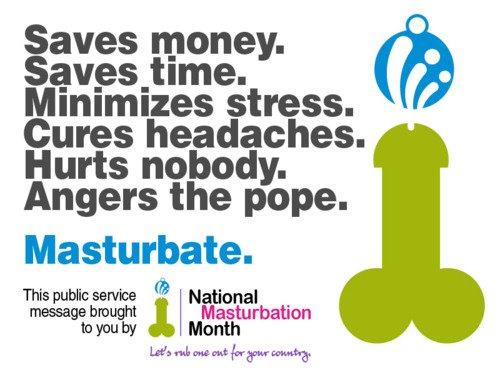
Did you know that 1/3 of the women in this world own a vibrator? I know it’s a crazy thought especially since when the vibrator was originally invented, its purpose was to cure women of “hysteria” a term that at the time, was used to describe what we now call sexual frustration. Doctors grew weary of manually relieving women of this ailment so they designed a machine that vibrated and was applied to the clitoris in or to induce orgasm.
Ironically enough a woman’s pleasure was the furthest thing from the minds of the men who created the vibrator. Today women have replaced men’s laziness, the laziness that led to the invention in the first place, with the very same invention, the vibrator.
Up until the 20th century men the world over believed that women did not experience physical sexual pleasure and were simply content to be the proverbial “hole in the wall” that mean treated them like. Women had only 2 purposes of which the second was to bear children and in the eyes of men didn’t experience the same pleasures. This as obviously since been proven very wrong but you can see why men operating under that impression left women suffering from this “hysteria.” I would go crazy too if the man I was having sex with never bothered to make sure I had an orgasm!
In the late 19th century doctors were making a killing in the “orgasm” game or what they used to call “paroxysm” because according to them at the time women didn’t experience sexual gratification the way men did. At the time doctors didn’t exactly have the stellar reputation they do today. Their methods tended to kill more people than they helped, so when they developed the cure for hysteria women were more than happy to come back over and over for treatment.
Unfortunately for the doctors their monopoly on the vibrator was short-lived. Thanks to advertising in women’s magazines, the vibrator soon made its way into homes disguised as the “personal massager.” Even today they are still sometimes described as personal massagers but for the most part it is out in the open. I mean it had to be after the women’s movement and feminism took hold in our country. Of course it took women to get things going!
Today there are thousands of different vibrators. They are plug in, portable bullets, egg shaped, long and pink, battery powered, and water proof. 1/3 of women own a vibrator and to think we owe it all to some lazy doctors who thought we didn’t get off the way they did.
-SweetDee

 source: https://www.facebook.com/GanjaVibes
source: https://www.facebook.com/GanjaVibes